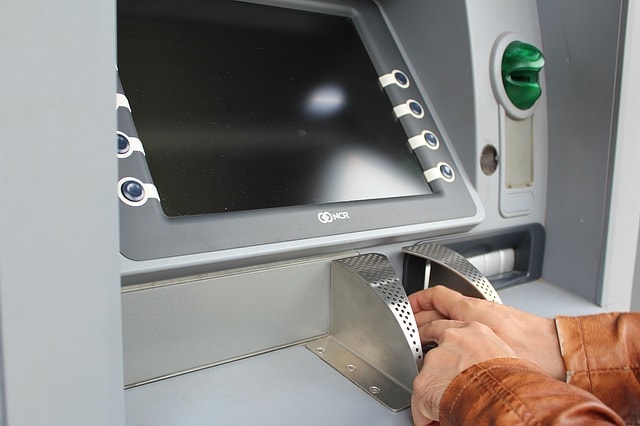
In fact, under the leadership of President Trump, Congress has been repealing the new bank laws passed after the 2008 recession that resulted in an economic crisis. More than a dozen of the Obama-era laws, designed to prevent future meltdowns have been repealed.
Very serious hacking incidents at businesses such as Target, Yahoo, Neiman Marcus and Home Depot also have failed to move Congress to action. The argument is that too much regulation in the business arena could stifle economic growth.
Consumer watchdogs such as Consumer Reports have said they can’t imagine what would have to happen to have the federal lawmakers take steps that might impose tougher data security regulations. The advocacy groups are lobbying for such measures. They hope for higher standards for companies that store personal information of customers and for immediate notification to those customers when breaches occur.
Republicans in both houses of Congress say they are gathering facts and that the issues will be on their agendas in October. Democrats are watching to see what will happen and some are calling for measures that will protect Americans from further thievery of their private information.
Among proposals being tossed about is a bill that would require a credit reporting company to immediately inform all affected consumers in the event of a data breach and to freeze the affected accounts without charge. A freeze is the most effective move a consumer can make to prevent the illegal use of the information that has been hacked, but it complicates personal financial decisions.



